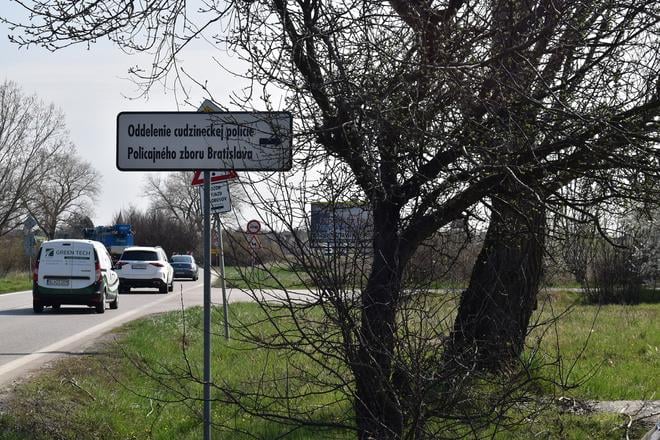A broken system is making it intolerably difficult for some foreigners to live and work here.
As this column has reported before, the travails of dealing with Slovakia’s Foreigners’ Police are hardly new, and often take on a Sisyphean quality.
But increasingly dire reports have been piling up for months now about the near-impossibility of even getting through the door of the Foreigners’ Police offices, which are the only places able to issue IDs to non-Slovak residents.
The problem is, ironically, being caused by a development that was supposed to make the process easier.
Back in the day, it was not unusual to have to queue from the early hours, or even overnight, to ensure entry to the Bratislava office when it opened at 07:30 (on three or four days a week), upon which you would collect a delicatessen-style ticket. Another few hours would then typically be required for your number to come up – but you would, normally, get to see a police officer.
Even then, the system was opaque and “ticket entrepreneurs” would trade places in the overnight queue.
In 2019, with some fanfare, the department rolled out a new online appointments system. This was supposed to remove the need to queue overnight by allotting specific, guaranteed time slots to applicants via a website that you could access, to use that long-outworn cliché, “from the comfort of your home”.
It did not start well, and has stumbled through various stages of dysfunction ever since. When the system’s failings were pointed out to the police, the reaction was not always encouraging: a 2020 statement by the force implying that communicating with applicants in English would require its officers to adopt “a servile approach” was a notable low point.
To be fair, the complications of the pandemic and then the flood of refugees in the wake of Russia’s full-scale invasion of Ukraine put the system under severe pressure. The Hospodárske Noviny financial daily reported that 48,000 appointment requests were received in 2020, and 110,000 in 2024; over the same period, the number of employees assigned to receiving and processing applications rose only marginally, from 320 to 340.
However, the immediate crises caused by disease and invasion have now passed. It should have been possible to stabilise the situation, but instead it seems to be getting worse.


 A road sign points towards the Foreigners' Police building in Bratislava. (source: Peter Dlhopolec for The Slovak Spectator)
A road sign points towards the Foreigners' Police building in Bratislava. (source: Peter Dlhopolec for The Slovak Spectator)